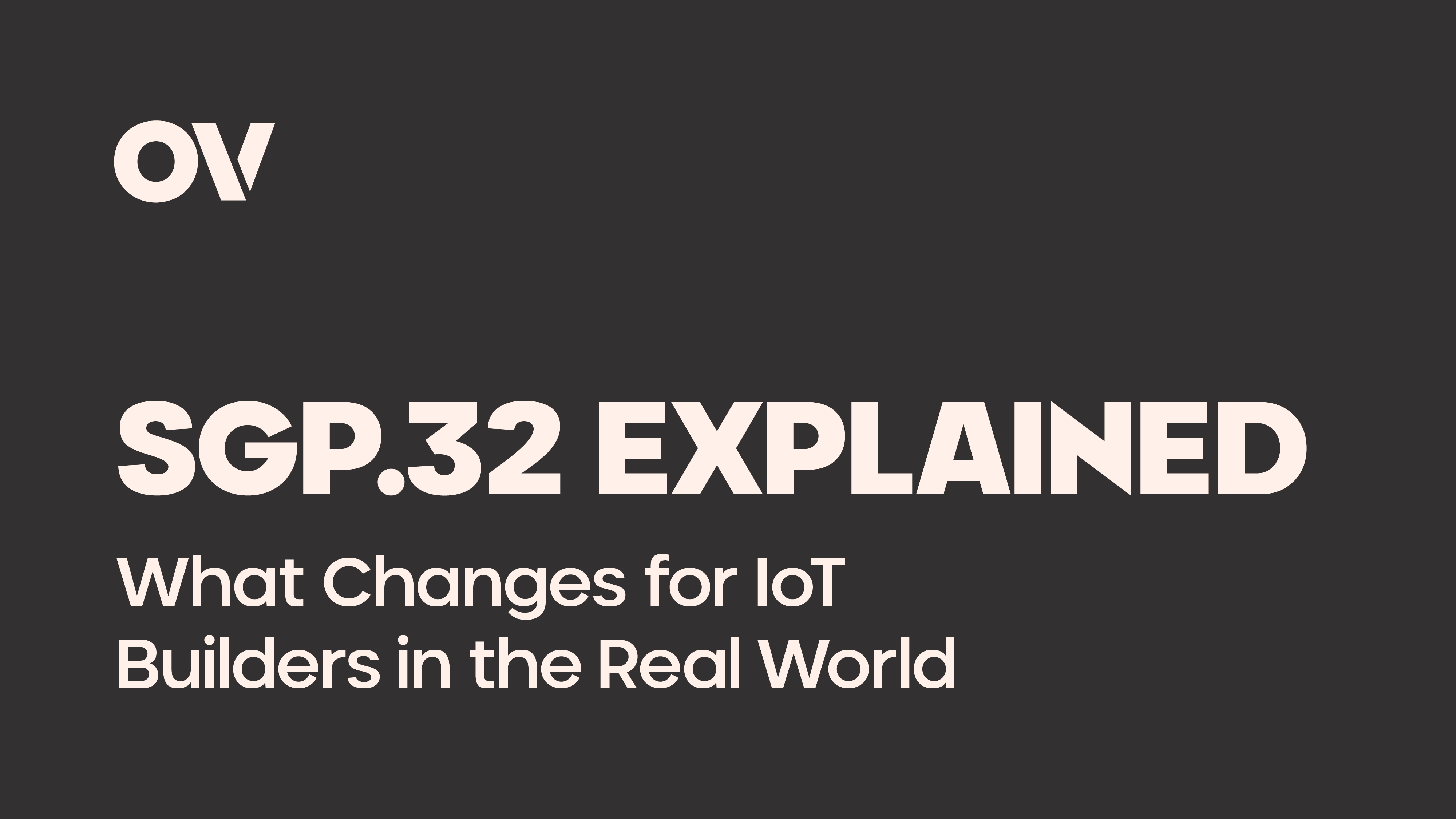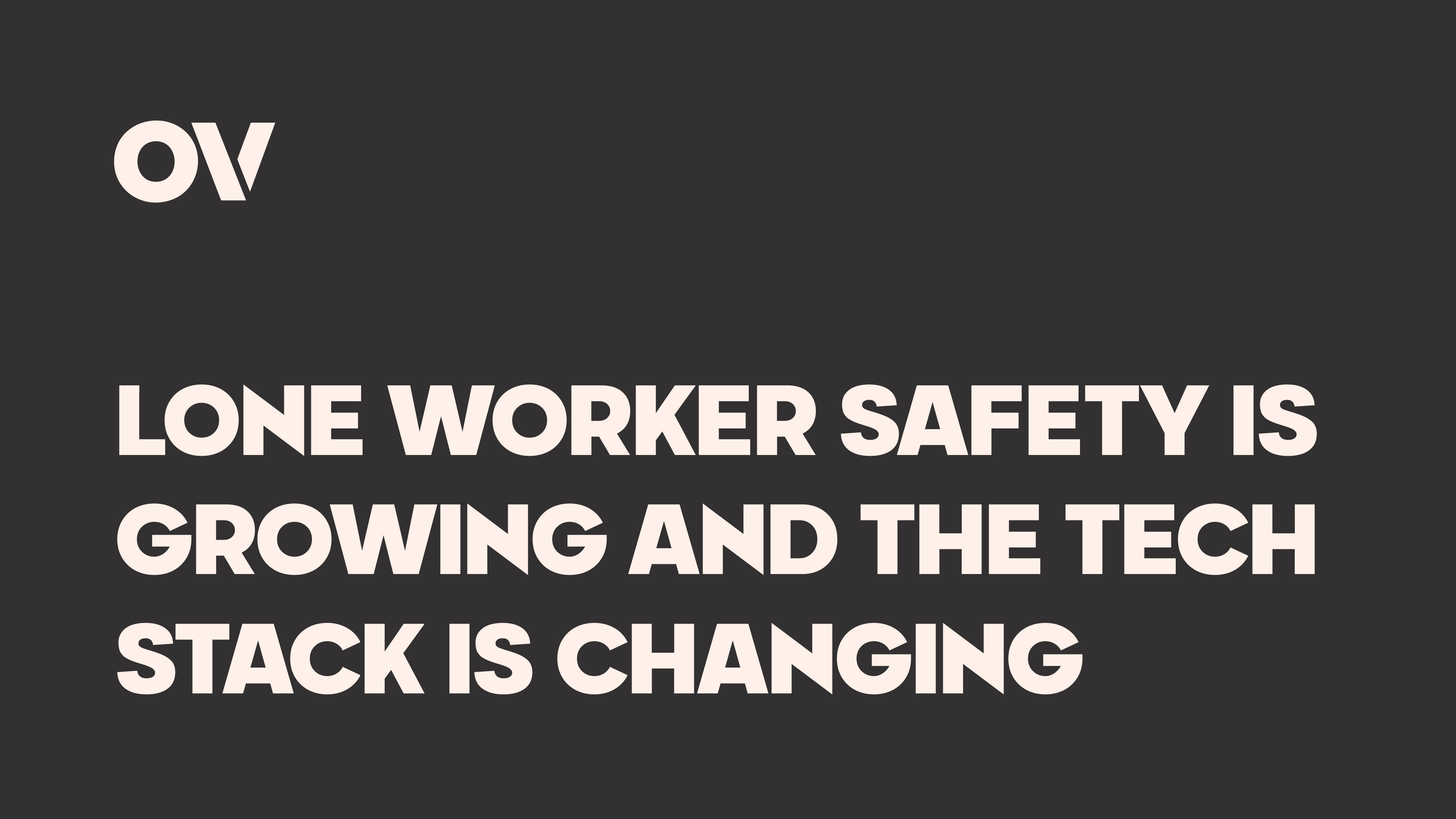Originally published
June 5, 2024
Last Updated
July 9, 2025
In Africa, millions of people live in remote areas where access to basic amenities like electricity, clean water, and healthcare is scarce. However, with the rise of IoT, there's a glimmer of hope for these communities. IoT is a game-changer, particularly for off-grid living in Africa, in this blog we’ll take a closer look at some of the reasons that IoT is helping to support even the most remote of communities.
Access to Clean Energy
One of the most significant challenges in off-grid living is access to reliable energy sources. Traditional methods like kerosene lamps are not only inefficient but also pose health and safety risks. IoT-enabled solar systems are changing this narrative. Smart solar panels equipped with sensors can take advantage of Africa’s abundance of sunshine and can optimise energy production and distribution, ensuring maximum efficiency. Additionally, IoT devices can monitor energy consumption patterns, enabling users to manage their energy usage effectively.
Water Management
Access to clean water is another pressing issue in off-grid areas. IoT-powered water management systems offer a sustainable solution. Smart sensors installed in water pumps and distribution networks can monitor water levels, quality, and leaks in real-time. This data allows for proactive maintenance and efficient use of water resources.
Agricultural Innovation
Agriculture is the backbone of many African economies, yet farmers in remote areas face numerous challenges, including unpredictable weather patterns and limited access to market information. IoT technology is revolutionising agriculture by providing farmers with actionable insights. Smart sensors embedded in soil moisture probes, weather stations, and crop monitoring devices collect data on soil health, weather conditions, and crop growth. This data is then analysed to optimise irrigation schedules, minimise crop losses, and increase yields.
Healthcare Solutions
Access to healthcare is a fundamental human right, yet millions of people in rural Africa lack basic medical facilities. IoT has the potential to bridge this gap by enabling remote patient monitoring and telemedicine services. Wearable devices and medical sensors can track vital signs, detect anomalies, and transmit data to healthcare providers in real-time. This allows for early intervention and personalised health care delivery, even in the most remote areas.
Disaster Management
Natural disasters, such as floods and droughts, are frequent occurrences in Africa, exacerbating the challenges faced by off-grid communities. IoT technology plays a crucial role in disaster preparedness and response. Early warning systems equipped with sensors and predictive analytics can forecast impending disasters and alert communities at risk. Furthermore, IoT-enabled drones and unmanned aerial vehicles (UAVs) facilitate rapid assessment and relief operations in disaster-stricken areas.
The transformative potential of IoT in off-grid living cannot be overstated. From clean energy and water management to agriculture, healthcare, and disaster management, IoT is revolutionising every aspect of life in rural Africa. By leveraging technology and innovation, we can create amore sustainable, inclusive, and prosperous future for all. As we continue to harness the power of IoT, let us not forget the importance of community engagement, capacity building, and local ownership to ensure that the benefits reach those who need them the most. Together, we can unlock the full potential of IoT and empower off-grid communities to thrive in the 21st century.
Learn more about how OV are delivering IoT connectivity in Africa.
READ MORE
DISCOVER MORE NEWS AND DEVELOPMENTS IN IOT & GLOBAL CONNECTIVITY




